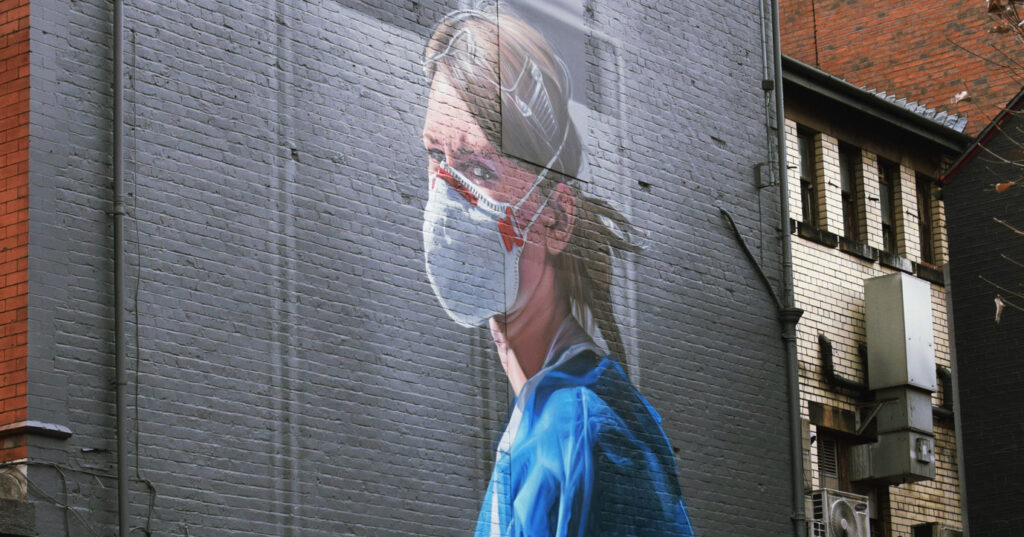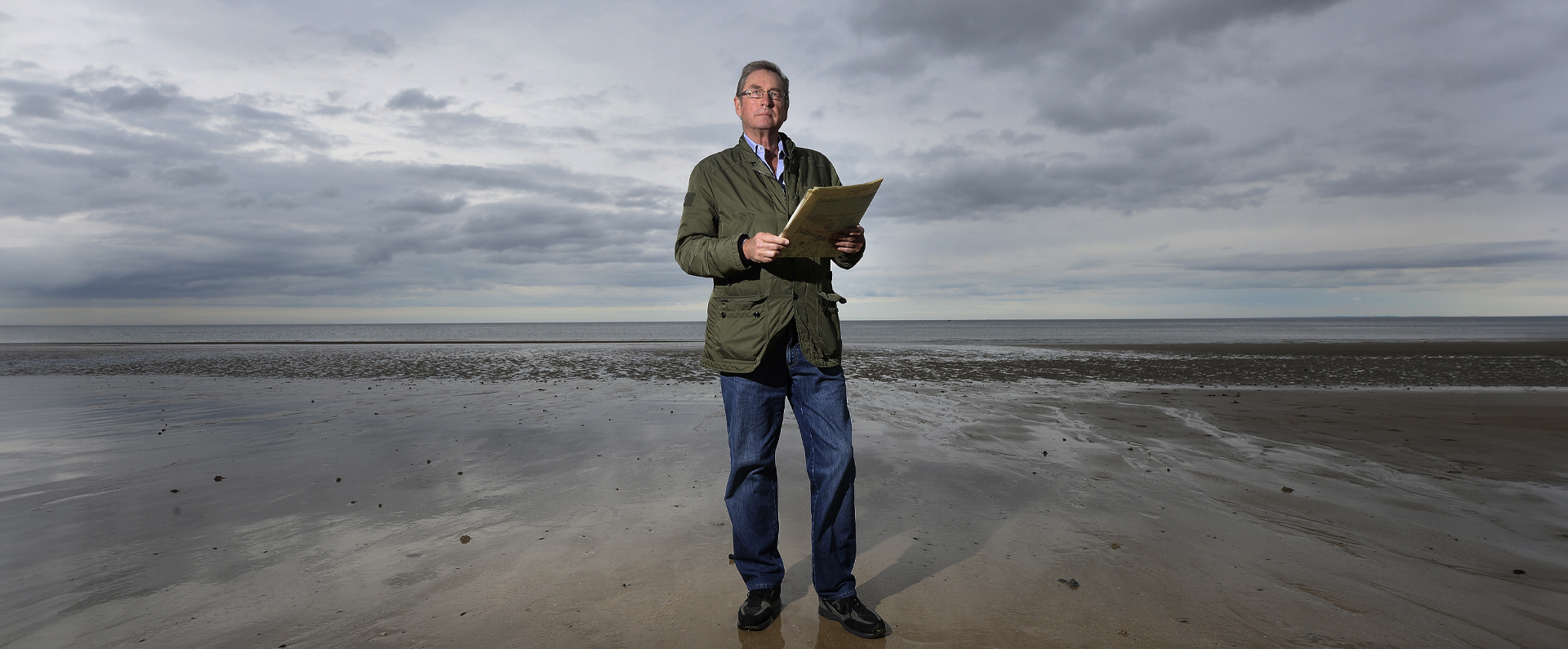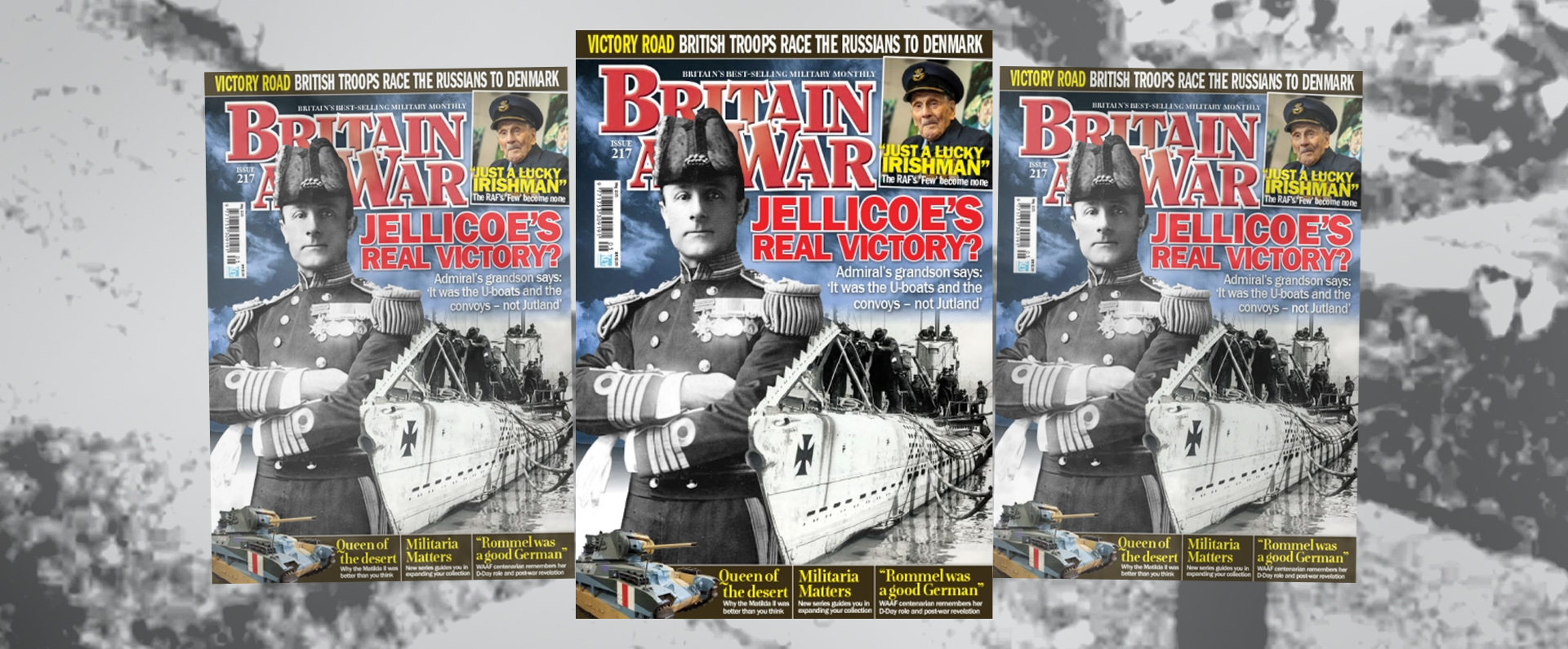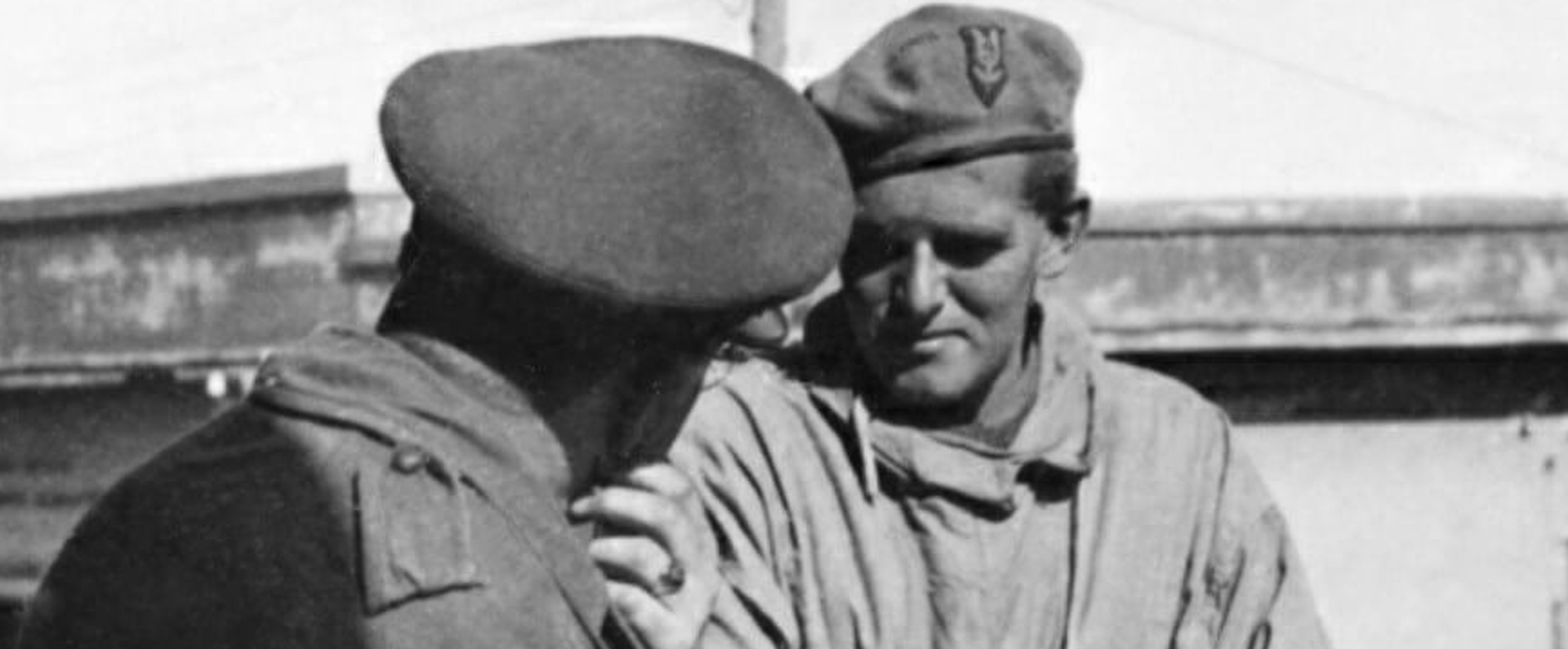
First published on ConservativeHome.com on 05 July 2021.
I am thrilled and heartened by today’s announcement that the NHS has been awarded the George Cross (GC).
It is only the third time in the decoration’s 81-year-history that a collective GC has been awarded by the reigning monarch – and its recipient on this occasion could hardly be more deserving.
Yet again, the Queen has judged the mood of the nation perfectly and decided that this is the appropriate way to reward the devotion to duty, self-sacrifice and courage of our NHS staff.
The awards marks the 73rd birthday of the NHS, but it has clearly been prompted by the response of NHS staff to the Covid-19 pandemic.
In her hand-written personal message to accompany the news, the Queen concluded: “This award recognises all NHS staff, past and present, across all disciplines and all four nations. Over more than seven decades, and especially in recent times, you have supported the people of our country with courage, compassion and dedication, demonstrating the highest standards of public service. You have our enduring thanks and heartfelt appreciation. Elizabeth R”
The timing of the announcement is shrewd. For the past year and more, the priority for our NHS workers during the coronavirus emergency has been to save lives. And the priority for the Government has been to give frontline staff the protection, the equipment and the support they needed to do their jobs.
Now, as we prepare to have the majority of Covid-19 restrictions lifted and with the health crisis much more under control, it is time to show our appreciation to those men and women who risked, and in some cases gave, their lives to treat Covid-19 sufferers.
The GC is usually awarded to men and women for individual bravery. However, I called publicly – on ConservativeHome – for the collective award of the GC to the NHS fully 15 months ago – within a month of the nation going into its first lockdown.
The Sun and other newspapers quickly responded to my call in a positive way. It was in April last year that I also wrote an open letter to Boris Johnson, the Prime Minister – as he himself recovered from Covid-19 which so nearly claimed his own life. He had rightly described the NHS as “ the country’s greatest asset”, “the beating heart of this country” and “powered by love”. I, in turn, asked for this service to be publicly recognized.
I have written six books on bravery, including George Cross Heroes, and back in April last year I came to the conclusion that it would be appropriate for The Queen to bestow a collective award of the George Cross (GC) on the NHS.
Like any controversial proposal, my suggestion received a mixed response. A former Labour town councillor, who made it clear he does not share my political views, emailed to say this was a “fantastic idea’’. Another commentator said I was a “genius” for making the proposal. Critics were equally vociferous: my proposal was sneered at by some who said all that NHS staff wanted was a pay increase and protective masks – and that medals were “worthless”.
The GC is the UK and the Commonwealth’s first-equal ranking decoration for bravery along with the Victoria Cross (VC) and it was instituted by the Queen’s father, George VI, in 1940, early in the Second World War.
It was created in order to acknowledge supreme bravery that – unlike the VC – did not actually take place in the heat of battle. The decoration was instead awarded for “acts of the greatest heroism or of the most conspicuous courage in circumstances of great danger”.
Initially, during the Blitz, it was awarded primarily to our bomb disposal men, both civilian and military, but since then it has been awarded for a variety of reasons. However, it is always to recognise not just service but real courage.
The first collective award of the GC was made in April 1942 to the island of Malta. George VI said it was for “a heroism and devotion that will long be famous in history”: during the previous two years Malta had become the most heavily bombed location on earth and its inhabitants suffered dreadful hardships during the Second World War.
The second, and until now final, collective award of the GC was made to the Royal Ulster Constabulary (RUC) in November 1999 for the bravery of its members during the Troubles. The Force had suffered terribly in protecting both sides of the community from danger for 30 years – 302 officers had been killed and thousands more had been injured.
Today’s announcement fills me with joy. In my view our NHS workers deserve not just the award of the GC – but also to be collectively championed as “the bravest of the brave”.



